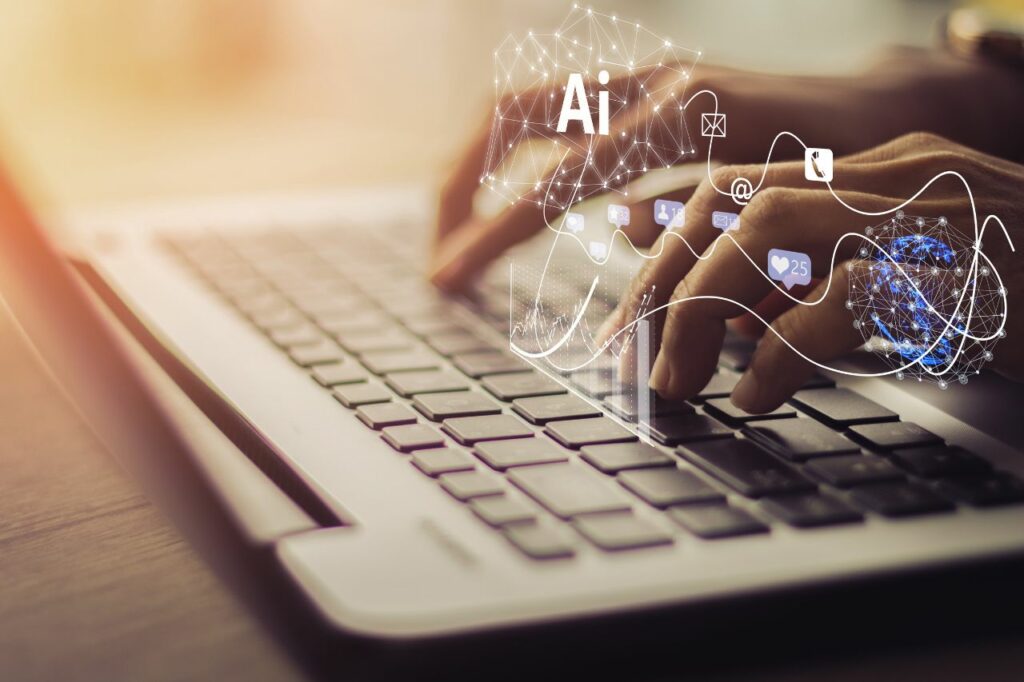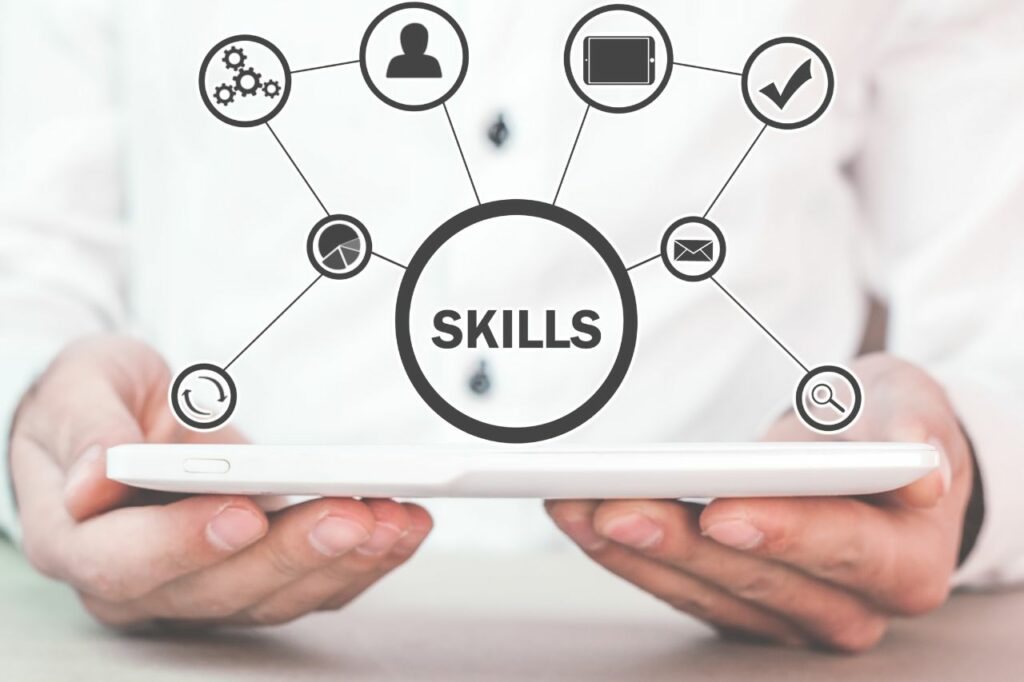Artificial intelligence (AI) has been gradually integrating into the American workforce over the years. However, the introduction of ChatGPT by OpenAI in November 2022 brought the potential of AI replacing jobs to the forefront of public consciousness.
A recent study has forecasted that artificial intelligence (AI) will have a profound impact on the job market. It is estimated that two-thirds of jobs in the United States will experience some level of automation due to AI, with a quarter of those jobs potentially being completely replaced.
A quick online search reveals that factory workers, customer service agents, legal assistants, and content marketers are among the professions at risk of being impacted by artificial intelligence. However, rather than completely replacing these roles, AI is more likely to enhance and complement them.
There is no denying that technology is advancing rapidly, leading to significant changes in the workplace. However, it is important to recognize that technology alone cannot replace the essential qualities of creative and critical thinking, compassion, leadership, and adaptability.
While these attributes are commonly referred to as “soft skills,” they are better described as HUMAN SKILLS. Here are the top five essential human skills, commonly referred to as soft skills by many.
1. Management and leadership capabilities

It is highly improbable that you will find yourself engaged in a conversation about conflict resolution with a computer or experiencing a sense of empowerment from generative AI. Effective leadership necessitates proficiency in conflict resolution and the ability to empower employees.
Having empathy and understanding how to navigate intense waves of human emotion are essential qualities for effective team management. Interacting and relating effectively with the cultural diversity of global teams and different personality types is crucial for successfully leading a team.
Effective managers and leaders comprehend that working with teams requires a shift in mindset, rather than simply overseeing them. Leadership necessitates careful planning, clear communication, and motivation.
Above all, successful team leadership hinges on fostering trust to empower employees with autonomy, ultimately boosting productivity through motivation and encouragement.
2. Adaptability
Adapting to change will become increasingly important as the workplace continues to evolve. Employees must be prepared to set aside their egos and demonstrate a willingness to fulfill any task requested of them.
Technology is advancing at a rapid rate, surpassing the capabilities of many workers. This means that employees must constantly evolve and adjust to the ever-changing landscape of their work environment.
It is essential for them to demonstrate flexibility and a willingness to learn in order to thrive in this dynamic setting. Employees who possess adaptability are not only more valuable to their organizations, but also tend to be happier and better equipped to tackle challenges with confidence and resilience.
Employers must also embrace adaptability by promoting collaboration, welcoming new ideas, and fostering connections among their team members. This approach will help organizations stay agile and responsive to changing market conditions, ultimately leading to greater success and innovation in the workplace.
3. Technological capability

As artificial intelligence becomes more prevalent in the workplace, it is important to embrace it. Instead of resisting change and wasting time, it is crucial to utilize these tools to increase productivity.
The integration of AI is inevitable, so it is essential to be proactive and open to learning how to leverage these tools effectively. By combining the efficiency of AI with your unique human touch, you can enhance your work and achieve greater success.
4. Analytical thinking and problem-solving
Artificial intelligence is capable of performing analytics at a faster and more efficient rate than humans. In fact, computers have been utilizing this capability for many years.
Only humans have the ability to piece together information in order to guarantee that clients and customers have a positive experience. Analytical thinking and problem-solving involve analyzing data from various sources to determine cause and effect, including emotional connections and relationships.
Enhancing your analytical thinking and problem-solving abilities enables you to stay ahead of the curve.
Also Read: 5 Millionaire Habits You Can Start Today to Boost Your Finances
5. Creative and innovative thinking
Creative thinking is the dynamic process of innovative problem-solving. It involves examining a situation from various perspectives, utilizing empathy, brainstorming, visualization, observation, problem-solving, and organization. Additionally, creative thinking may also involve experimentation.
Research indicates that global teams enhance creativity and innovation by leveraging the diverse perspectives and backgrounds of their members.
Rather than viewing AI as a foe, consider it a catalyst for innovation. What unique contributions can you make? What human skills do you possess that enable you to effectively collaborate with AI?



